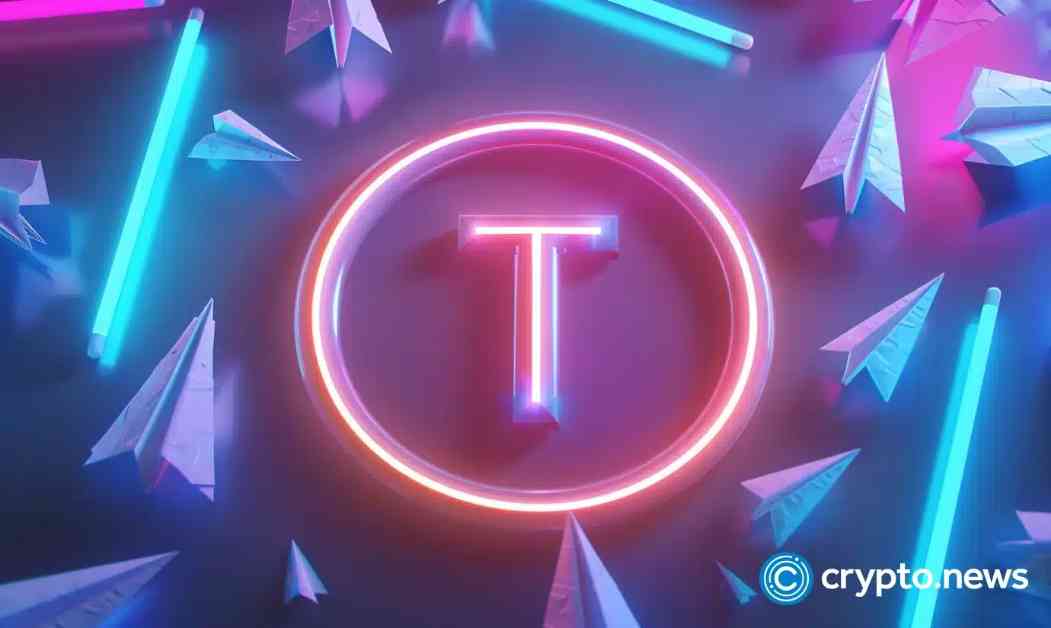Tether, a popular stablecoin in the cryptocurrency market, has seen a decrease in its market share on centralized exchanges from 82% to 74% this year. Despite this decline, Tether remains the most widely used stablecoin with a market capitalization exceeding $100 billion. Tether’s appeal lies in its ability to provide a stable, fiat-backed digital currency that enables seamless transactions across the crypto ecosystem.
The drop in Tether’s market share comes at a time when the European Union is set to implement new regulations under the Markets in Crypto-Assets (MiCA) framework. These regulations are expected to impact stablecoins like Tether, potentially leading exchanges to reconsider their support for USDT. Tether’s CEO, Paolo Ardoino, has expressed concerns about certain aspects of MiCA and stated that the company does not plan to comply with the new rules in the near future.
This regulatory uncertainty could drive users and exchanges to explore alternative stablecoins that align better with emerging regulatory frameworks. The stablecoin market is diversifying, with alternatives like Circle’s USDC gaining momentum as Tether’s market dominance wanes.
In a strategic move to ensure the long-term sustainability of the USDT ecosystem, Tether has announced the suspension of USDT redemptions on multiple blockchain networks. The company aims to gradually phase out support for USDT on less active networks to streamline operations and enhance user experience. By focusing on the most widely adopted blockchain networks, Tether hopes to maintain the stability of the USDT peg.
In other developments, DWS, a prominent European investment firm, is planning to launch Germany’s first cryptocurrency under national regulation by 2025. The firm aims to introduce a euro-based stablecoin that complies with Germany’s financial watchdog, BaFin. Additionally, Tron founder Justin Sun has revealed plans to introduce a fee-free stablecoin, potentially disrupting the stablecoin market if successfully implemented.
The evolving stablecoin market has seen significant contributions from companies like Coinbase and Circle. Coinbase’s reliance on stablecoin revenue and Circle’s recent approval to operate in Europe demonstrate the industry’s progress towards establishing global standards. As the stablecoin landscape continues to evolve, innovation and regulatory compliance will play crucial roles in shaping its future.

